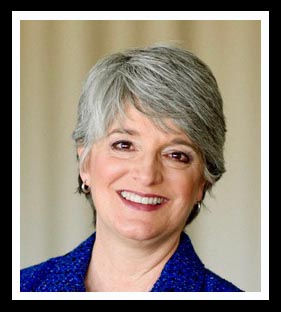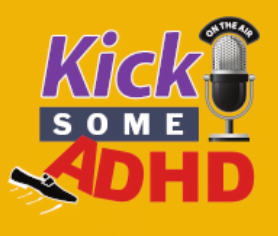
As a society, we don’t respect sleep. It’s the first thing we sacrifice when we need more time in our day and we treat sleeplessness as a badge of honor.
But sleep is essential. ESSENTIAL. For your brain productivity, mental health and well-being. How do you feel after one or two nights of terrible sleep? Hungover…exhausted…unfocused…foggy… as if someone turned your ADHD dial up to 1100.
And the irony is that people with ADHD have a harder time sleeping than other people for many reasons. They get caught up in reading or the computer and literally forget to stop and go to bed. Or don’t have a routine to help them settle down and fall asleep.
Many people with ADHD are night owls and find they focus best in the middle of the night. Or the opposite – their mind and bodies can’t relax and are too restless (either due to their ADHD, too much coffee, or taking medication too late).
It’s an endless cycle. Your ADHD keeps you awake and that lack of sleep increases your ADHD symptoms which keep you awake which increases…and yup, it’s easy to see why sleeplessness is a form of torture.
So let’s bottom line it — what can you do to improve your sleep?
Here are a few things you can do to ensure a good night’s sleep:
- Respect your need for sleep. Just like you now drink water and exercise, put sleep at the top of your self-care regimen. THE VERY TOP. Move that TV show or Tik Tok or even date night to the bottom. (Okay, keep date night, just cut it a bit short.)
- Create a bedtime routine (and set a reminder to do it). Quiet, small routines signal your brain that it is time to relax and settle down for the night. Routines are important, yet unnatural for people with Attention Deficit. Some ideas for routines: let the dog out, take a warm shower, put on your PJs, turn off lights, check that the doors are locked.
- Avoid mental stimulation before bed. Once your brain gets stimulated it’s hard to shut it down. Make sure you turn off the computer and put away your phone at least an hour before bedtime. That means no email, social media, or video games. Hard, I know, but all those flashing lights and information mess with sleep.
- Bore your brain to sleep. Once you’re in bed, you need to take conscious steps to relax your brain so it will settle into sleep. Read a book, meditate, listen to music or a podcast, watch calming TV. Tell your brain it’s time for sleep.
I know these steps are easier said than done. I understand you’re busy and you have so many things to do that this may feel overwhelming.
But sleep is one of the great natural remedies for ADHD and not getting it makes symptoms worse and everything so much harder.
I want more for you than that. I want you to live a full life where you manage your ADHD challenges and revel in the benefits.
So I encourage you to take these few steps. Give them a test drive and see what happens. See if you get more sleep. And notice what happens when you’re well-rested.
And one last thing – if you do have a terrible night of tossing and turning, don’t get frustrated. Those cute fluffy sheep you count each night can easily turn evil and vicious when you start viewing sleep as an impossible dream.
Instead, change your view and how you handle the ADHD sleepless night. Pamper yourself a bit during the day and allow yourself a short nap to catch up. Pay attention to what you eat or drink right before bed to see if it has an impact. Be curious and aware. Give yourself some grace.
There will always be another night and opportunity to get that shut-eye.
Looking for other ways to manage your ADHD? Check out:

 Tired of struggling with ADHD? You’re in the right place. ADHD Success is loaded with free, practical tips to help you get organized, manage your time, and live more easily with Adult ADHD. Like what you read? Sign up for the newsletter now! No Spam. I promise!
Tired of struggling with ADHD? You’re in the right place. ADHD Success is loaded with free, practical tips to help you get organized, manage your time, and live more easily with Adult ADHD. Like what you read? Sign up for the newsletter now! No Spam. I promise!
0 Comments